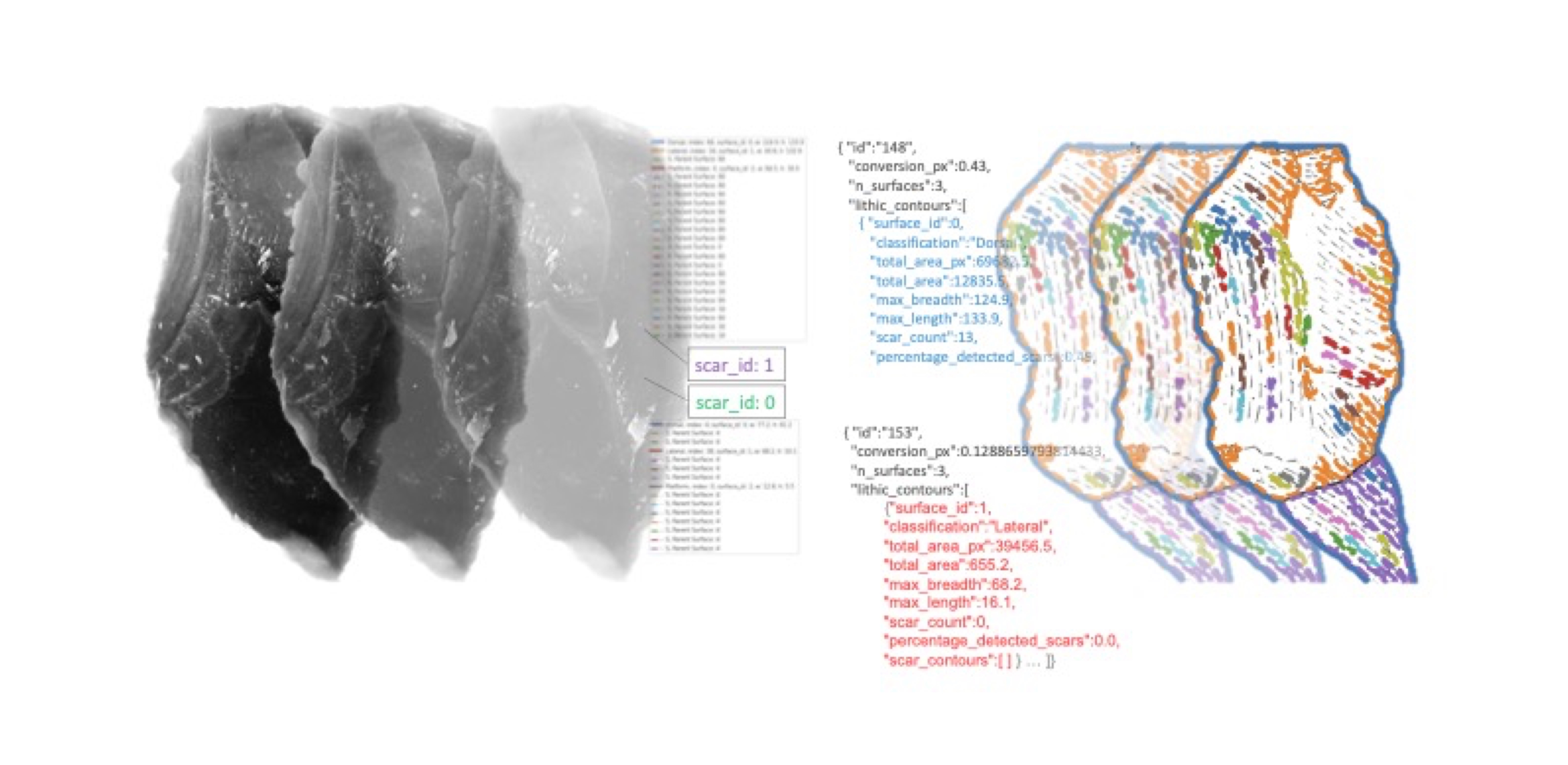

Human evolution is a central research area in biology and anthropology and has a history of research going back more than 150 years. For most of that time, evidence has come from digging up fossils and archaeological remains. Research in human evolution has been transformed by the impact of genomics and the development of ancient DNA methodologies, producing new insights into past demography, dispersal and admixture patterns, social behaviour, selection, disease history, and more. The challenge for classical palaeo-sciences is to develop methodologies and data capture that matches the richness of genomic data. This project is designed to develop machine learning, computer vision, and data science methodologies for non-genomic data to provide a more comprehensive and integrated understanding of human evolution. The methods to be developed in this project will aim to extract much of this data - in the form of books, papers, reports, text, tabular and image form, and develop ways in which this can be systematised into highly quantifiable and comparative forms. This will require advanced computer vision and algorithm-based input methods to transform textual and image resources into usable output data for feature classification. The project will form the platform for integrating genomics and palaeo-phenotype data, and so greatly increase the range of analyses possible on the patterns and processes of human evolution.
Team Members
Jason Gellis
Camia Rangel Smith


